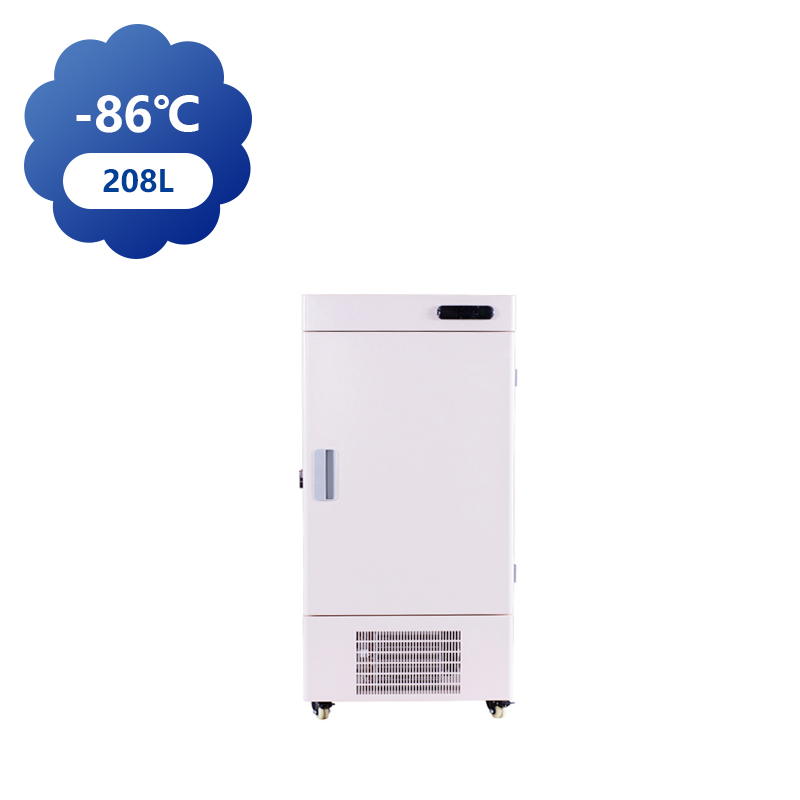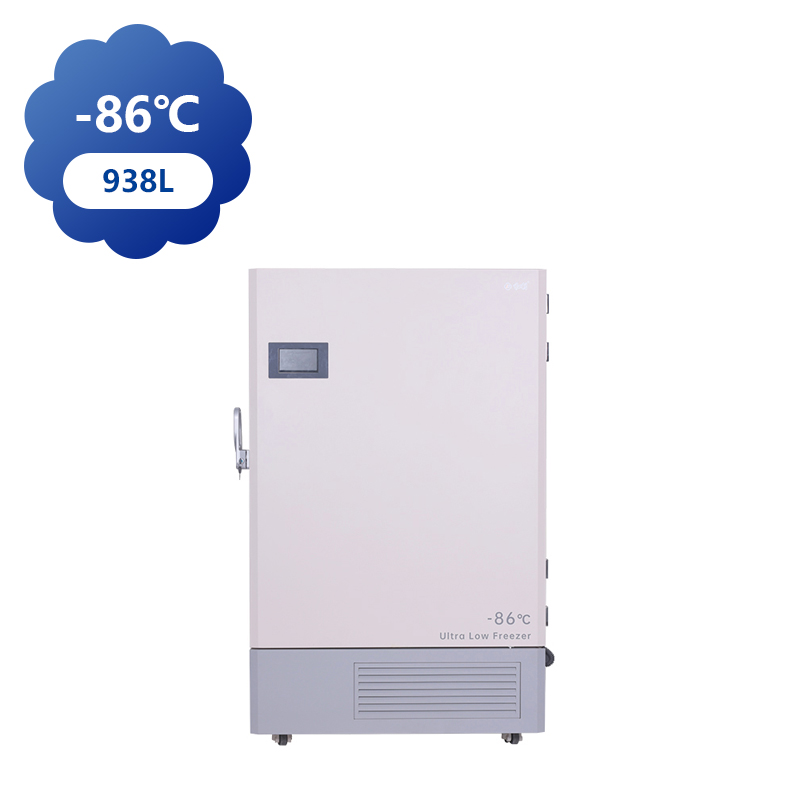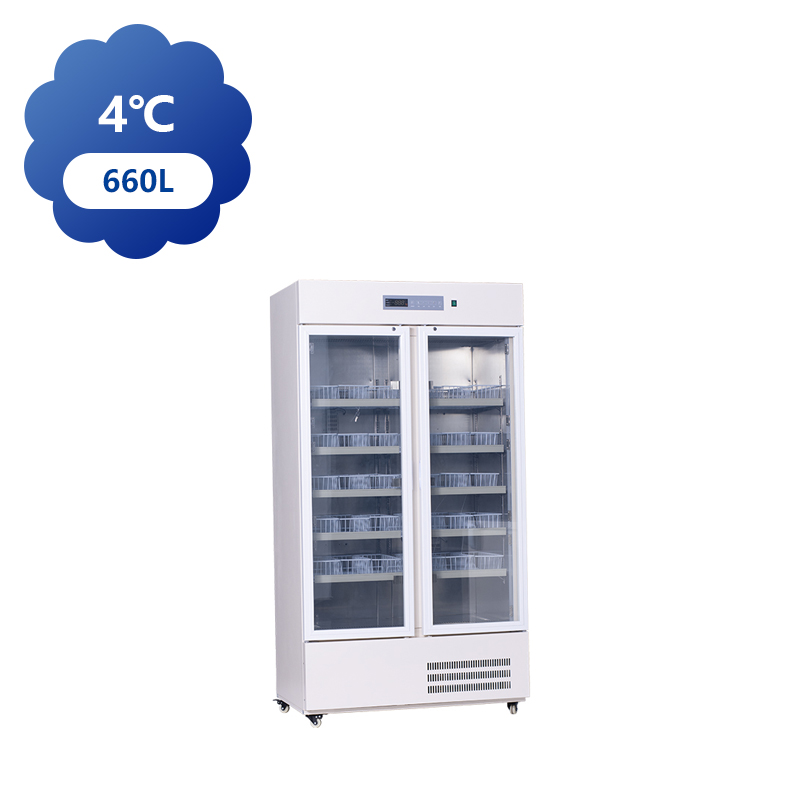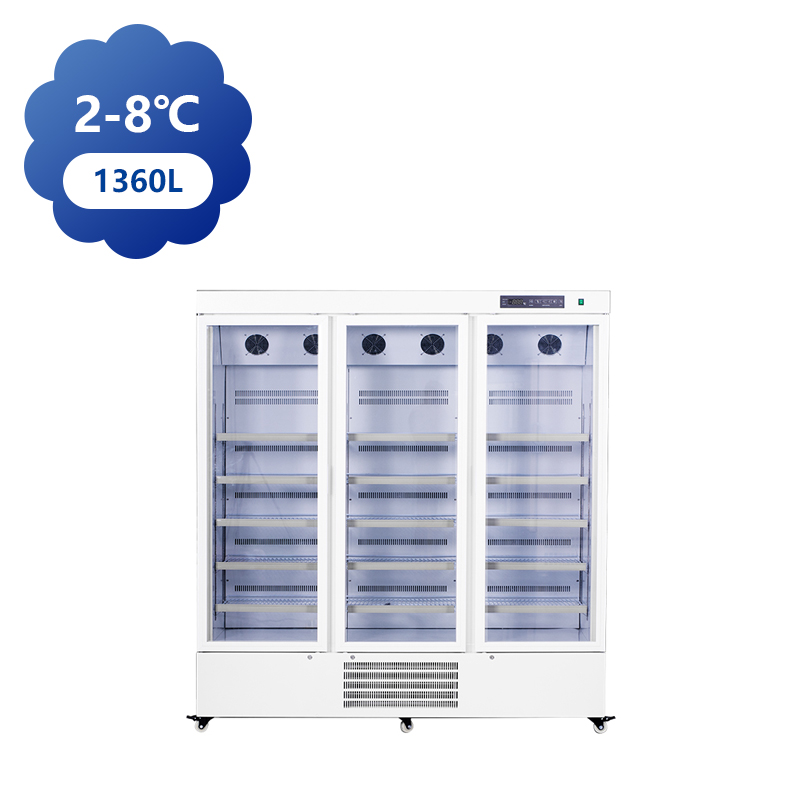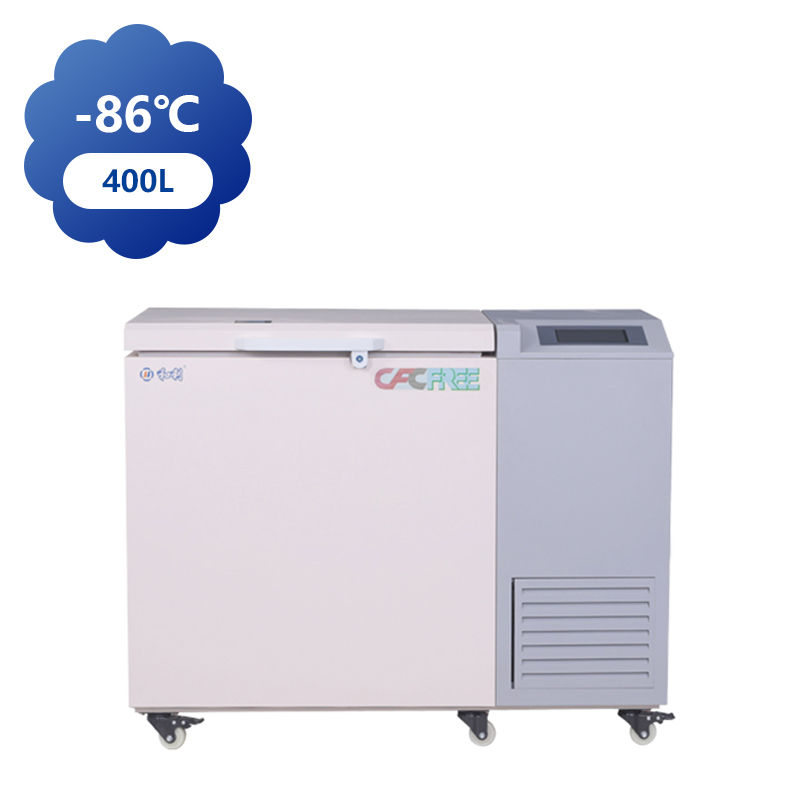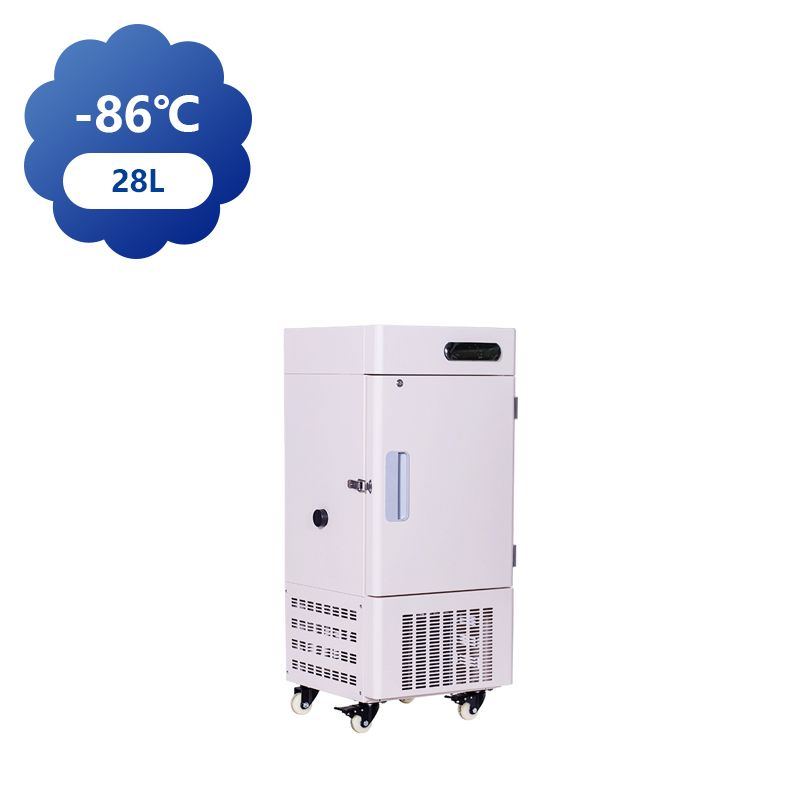You can contact to me using this form.
Space Efficiency and Flexibility
One of the significant advantages of small compact medical medicine fridges is their ability to provide precise storage while occupying minimal space. These units are designed to be smaller than traditional medical fridges, making them ideal for smaller clinics, pharmacies, or personal use in home healthcare settings. Despite their compact size, these fridges are equipped with advanced cooling systems capable of maintaining the exact temperature needed for sensitive medications, vaccines, and insulin.
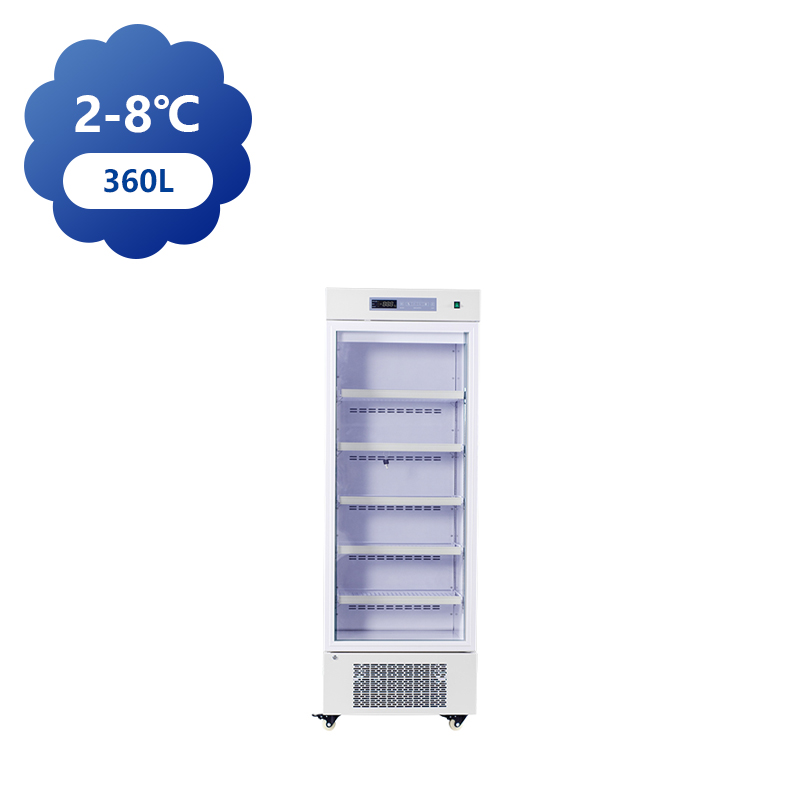
The space efficiency of these fridges also offers flexibility in placement. Whether it's a tight corner in a clinic or a small space at home, compact medicine fridges can fit into a variety of environments. This flexibility makes them accessible to healthcare facilities of all sizes, providing an affordable and effective solution for temperature-controlled storage.
Precise Temperature Control
The key to a small compact medical medicine fridge's functionality is its ability to maintain consistent, precise temperature control. Many medical supplies, such as vaccines, insulin, and biologics, require storage in a specific temperature range to maintain their potency. Even slight temperature fluctuations can compromise the effectiveness of these products. These compact fridges are designed with digital thermostats, precise cooling mechanisms, and robust insulation to ensure that the temperature remains stable over time.
Energy Efficiency
In addition to their compact design and reliable cooling, small compact medicine fridges are often designed with energy efficiency in mind. They are built to consume less power than larger, conventional medical fridges, which reduces operating costs for healthcare facilities and home users. Their energy-efficient features help ensure that they are not only environmentally friendly but also cost-effective in the long run.
Portability
Some small compact fridges are designed with portability in mind, allowing them to be easily transported between different locations. This feature is especially useful for mobile healthcare providers or those working in settings where regular access to temperature-controlled storage is required. The lightweight, compact design makes these fridges convenient for various healthcare settings, from outpatient clinics to home visits.
Ultra-low freezer storage containers play a crucial role in preserving the integrity of temperature-sensitive biological samples, vaccines, pharmaceuticals, and research materials. In laboratories, hospitals, and research facilities, these containers are vital for maintaining the required sub-zero temperatures and preventing the degradation of sensitive materials. Whether they are used in research, blood banks, or vaccine storage, ultra-low freezer storage containers ensure that critical materials remain safe and viable for extended periods.
Temperature Stability and Preservation
Ultra-low freezer storage containers are designed to withstand temperatures as low as -80°C, ensuring that materials such as biological samples, plasma, or cellular samples remain preserved in conditions. At such low temperatures, enzymatic activities are halted, and microbial growth is inhibited, which helps extend the shelf life of materials and prevents degradation.
The primary function of these containers is to offer a stable, temperature-controlled environment that safeguards valuable specimens. In the medical field, the preservation of blood, stem cells, and vaccines is vital for patient safety. Similarly, in scientific research, the integrity of biological and chemical samples can significantly impact the accuracy of experimental results. By using ultra-low freezer storage containers, institutions can be assured that their materials remain stable, providing consistency in research findings and patient treatment outcomes.
Variety of Storage Options
Ultra-low freezer storage containers come in various forms, each designed to meet different needs. Some are specialized for storing small vials or tubes, such as cryovials used for cell storage, while others are designed to accommodate larger items, such as bags of plasma or other biological specimens. These containers are typically made of high-quality, durable materials, such as polypropylene or other chemical-resistant plastics, ensuring that they can withstand temperatures without becoming brittle or compromised.



 中文简体
中文简体 English
English Français
Français عربى
عربى +86-15988502726(wechat)
+86-15988502726(wechat)